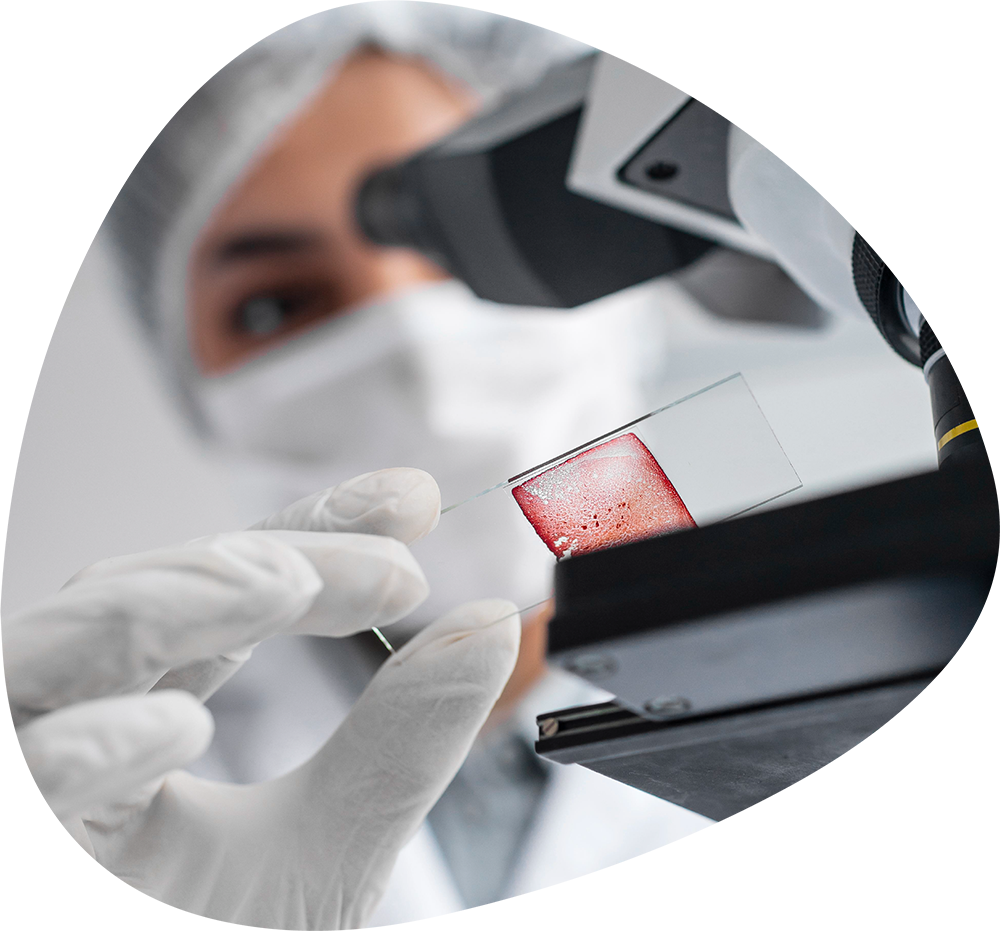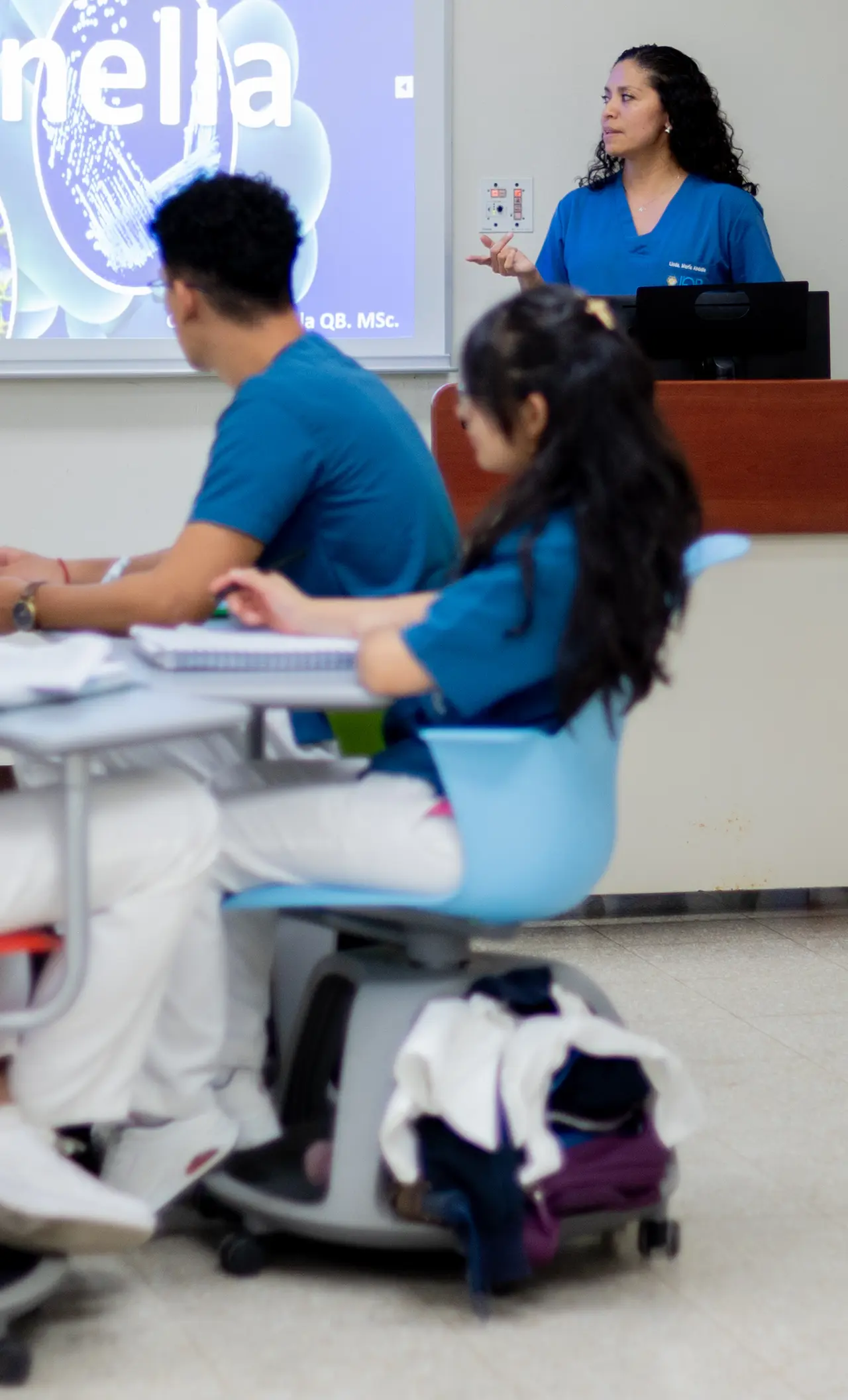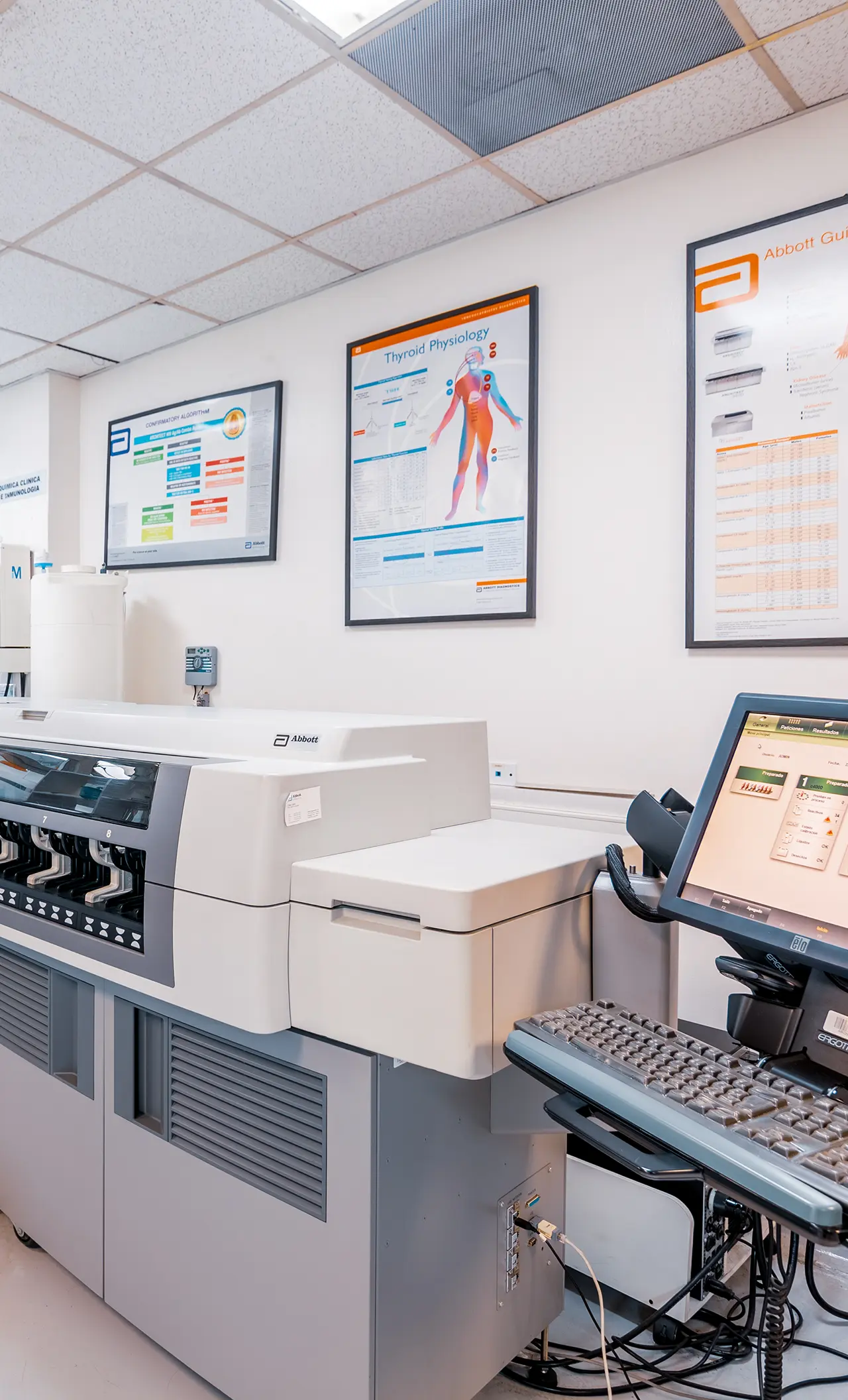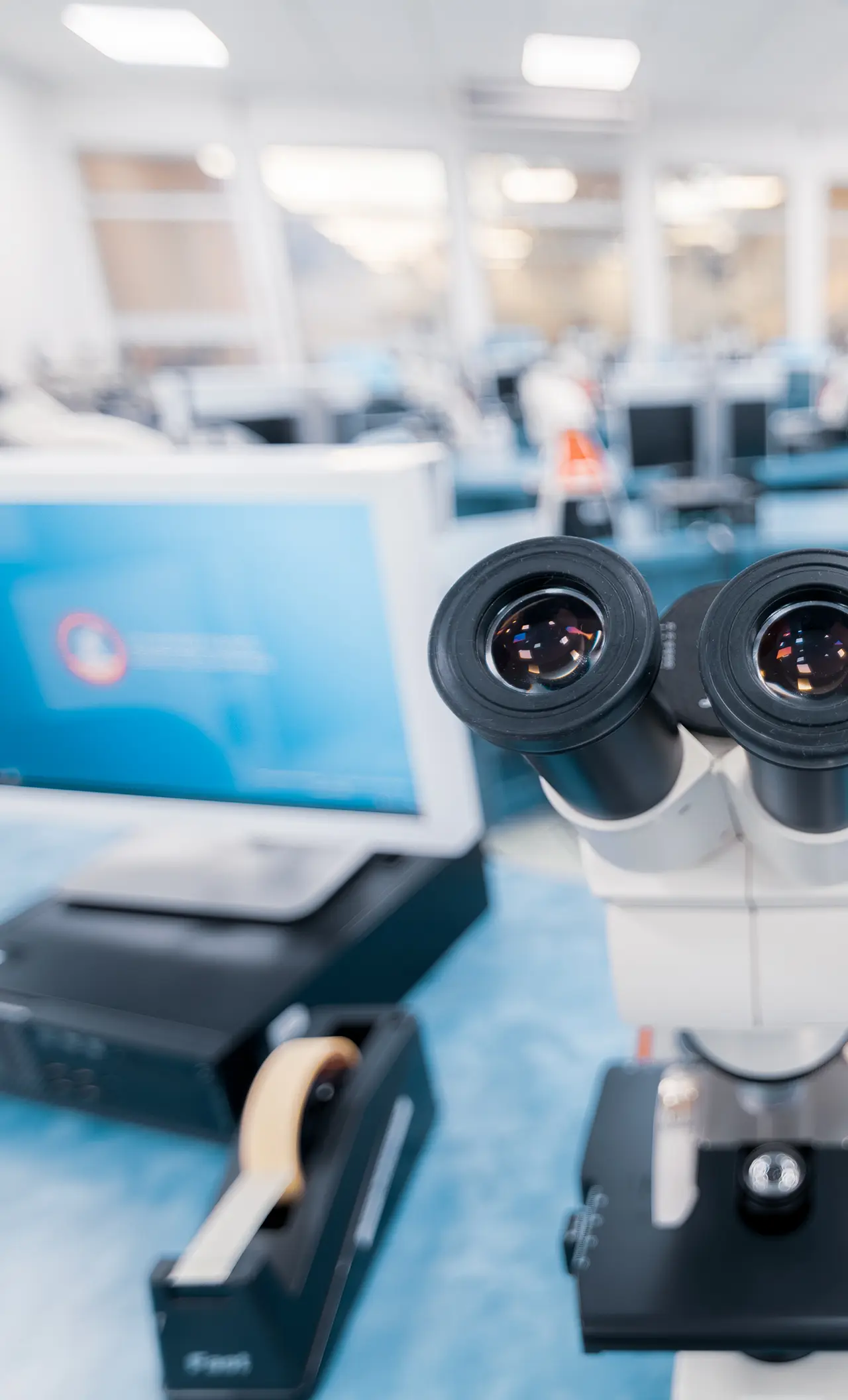
- Bachelor's Degree in
- Biology
- Degree to be obtained
- Degree in Biology
- Academic degree
- Bachelor's Degree
- Duration
- 5 years and a half
- Modality
- In-person
- Schedule:
- Daily Morning Session
- Career description
-
The field of action for a Biologist graduate from the Mariano Gálvez University can be concentrated in the areas of: natural resources, conservation and better use of biodiversity, resolution of environmental and ecological problems, agricultural sector, health sector, molecular area, biotechnology, genetics, teaching and research. The aim is for the graduate to acquire a series of basic knowledge from the molecular and cellular level, to other more complex systems in terms of the elements that make up the biosphere.
To be aware of the exceptional characteristics of the country's biological diversity is key for graduates, in addition to using this knowledge to solve problems at the service of the country.
- What will you learn during the program?
-
1. Design, implement, and evaluate research and development programs and projects that seek to solve problems related to the degradation, use, and conservation of biodiversity.
2. Manage programs and projects for the prevention and control of agents that have an impact on the environment.
3. Know the genetic, ecological, and evolutionary factors in the distribution of living beings.
4. Apply cellular and molecular biology methods in research or teaching projects.
Gallery
AdmissionProfile
Students enrolling in the Biological Chemistry program at the Mariano Gálvez University must have basic knowledge of mathematics, physics, chemistry, biology, and language, as well as mastery of basic computer equipment and programs (word processing, spreadsheets, presentations, and internet). In addition, they must have successfully completed secondary education, preferably with a scientific orientation.
During the career of their studies, students must have the ability to read and understand scientific texts, good writing skills, the ability to analyze and synthesize, the ability to apply appropriate study techniques, the ability to systematize knowledge, the ability to work in a team, and full-time dedication to their studies and internships. As part of the student body of Mariano Gálvez University, each student must abide by the University's regulations, taking care of their ethical, moral and social behavior.
Graduate'sProfile
1. Integrates knowledge from the areas of: biodiversity, conservation, cellular and molecular biology, environmental impact, etc., to propose innovative methods for the use of natural resources.
2. Evaluates, designs, manages and makes use of biodiversity with a social and sustainability approach.
3. Solves biological problems related to the functioning, equilibrium and deterioration of natural resources.
4. Applies molecular biology and genetic techniques in the different areas in which he/she works.
5. Participates in multidisciplinary teams seeking to plan, conserve and manage these natural resources with the utmost respect and within the social context.
6. Advises other professionals on the scope, limitations and suitability of biological science strategies in both basic and applied research.
Career Opportunities

Advisor in the elaboration of management and conservation plans for protected areas at national level, evaluator of environmental impact factor, research at national and international level in the fields of biotechnology, flora and fauna of the country's biodiversity.
Administrator and caretaker of herbaria, botanical gardens, zoos, natural history museums. University lecturer in biological sciences. Vector and genetic control in the Ministry of Health, plant propagation analysis, biological inventories and monitoring.
Curriculum
| 1° Ciclo | ANATOMIA HUMANA I | BIOLOGIA GENERAL I | DESARROLLO HUMANO Y PROFESIONAL | MATEMÁTICA APLICADA | METODOLOGIA DE INVESTIGACIÓN | QUIMICA INORGANICA I | |
|---|---|---|---|---|---|---|---|
| 2° Ciclo | ANATOMIA HUMANA II | BIOLOGIA GENERAL II | CALCULO DIFERENCIAL E INTEGRAL | FISICA I | QUIMICA INORGANICA II | REDACCION TECNICA | |
| 3° Ciclo | ANÁLISIS QUIMICO I | BIOLOGIA CELULAR | BOTANICA I | CALCULO AVANZADO | EMBRIOLOGIA | QUIMICA ORGANICA I | |
| 4° Ciclo | ANÁLISIS QUIMICO II | BIOESTADISTICA | BOTANICA II | GENETICA I | MICROBIOLOGIA GENERAL | QUIMICA ORGANICA II | SOCIOLOGÍA |
| 5° Ciclo | ANTROPOLOGIA | BIOQUIMICA I | BOTANICA III | BOTANICA III | FISICOQUIMICA | GENETICA II | ZOOLOGIA I |
| 6° Ciclo | ANATOMIA VEGETAL | BIOLOGIA EVOLUTIVA | BIOQUIMICA II | ECOLOGIA I | ETNOBIOLOGIA | ZOOLOGIA II | |
| 7° Ciclo | BIOLOGIA MOLECULAR | ECOLOGIA II | FISIOLOGIA VEGETAL | GEOLOGIA | PALEOBIOLOGIA | ZOOLOGIA III | |
| 8° Ciclo | ANATOMIA Y FISIOLOGIA COMPARADA I | BIOGEOGRAFIA | BIOINFORMATICA | BIOLOGIA DE LA CONSERVACION | ECOLOGIA III | ELABORACIÓN Y EVALUACIÓN DE PROYECTOS DE INVESTIGACIÓN | TECNOLOGIA BIOMOLECULAR I |
| 9° Ciclo | ADMINISTRACIÓN Y MERCADEO | ANATOMIA Y FISIOLOGIA COMPARADA II | BIOETICA | BIOTECNOLOGIA | MANEJO DE RECURSOS NATURALES | TECNOLOGIA BIOMOLECULAR II | TRABAJO DE GRADUACIÓN I |
| 10° Ciclo | PRACTICA SUPERVISADA | TRABAJO DE GRADUACIÓN II | |||||
| 11° Ciclo | PRACTICA PROFESIONAL |


